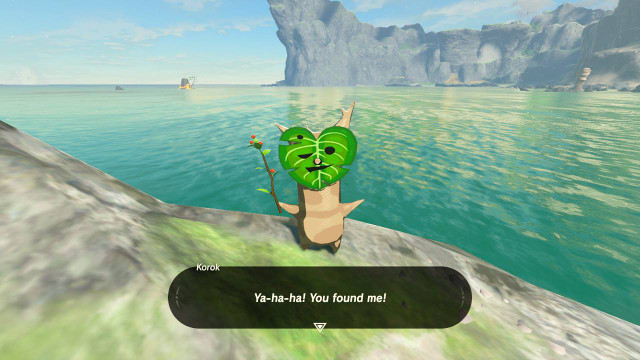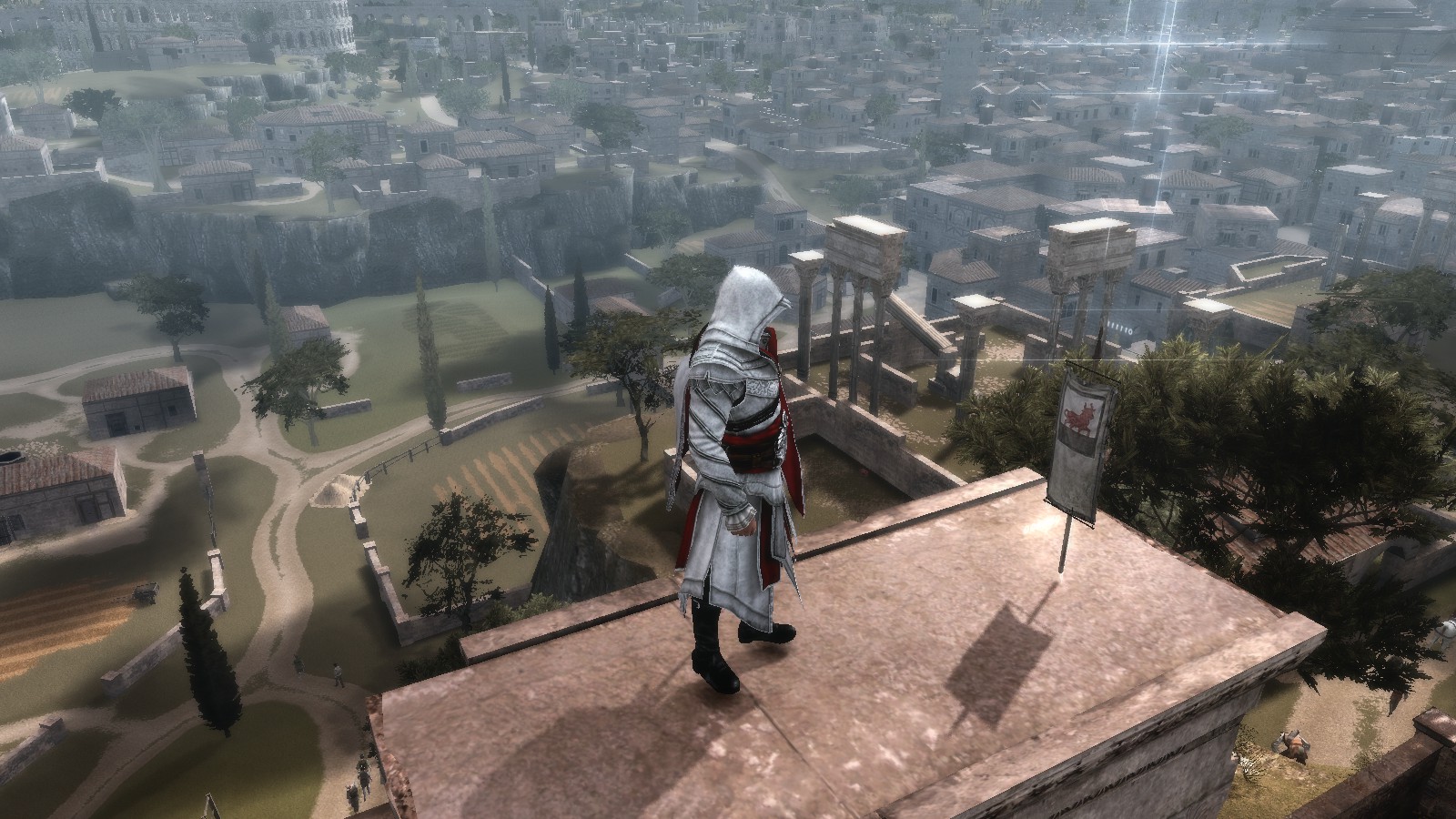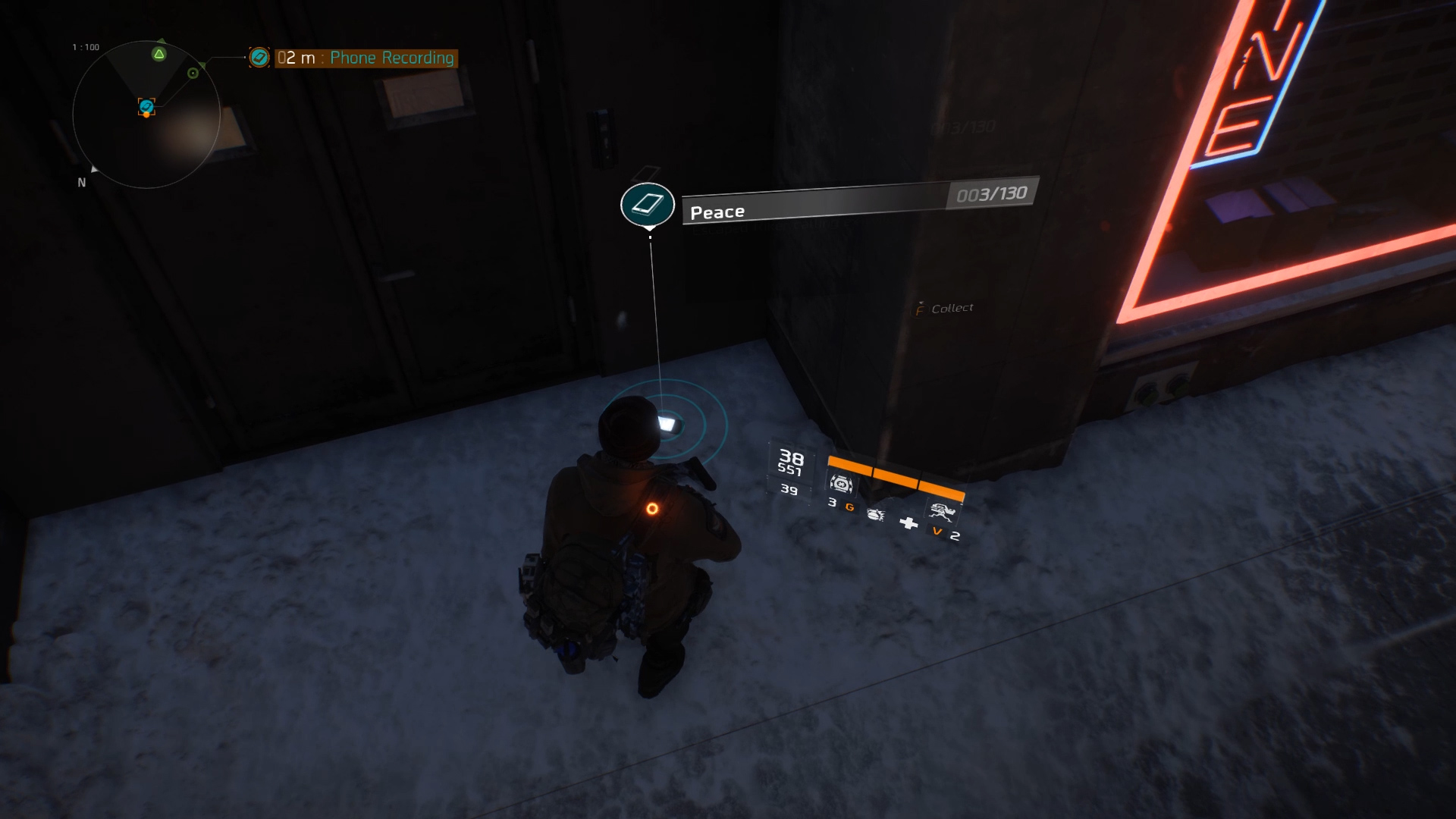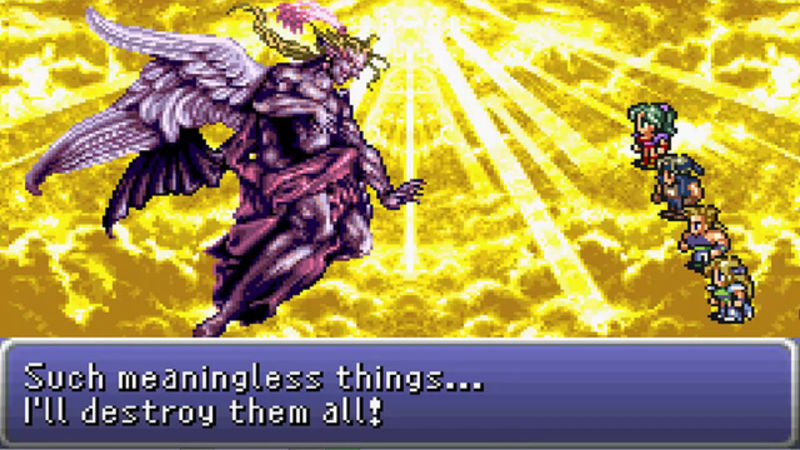It all started innocently enough. I played the original Assassin’s Creed way back in 2007, and thought it was pretty amazing. Large, explorable areas, tons of NPCs to glide past, guards to attack or hide from, and – wait, I need to collect how many flags?
I’m somewhat of a completionist. Sometimes I can ignore the pull of getting every single achievement, but if I love a game, I’ll try to get every single collectible, find every ending, and nab every achievement I can. Game designers love players like me, because it takes very little effort to pad the total hours of a game through collectibles, side missions, and secret areas. And I fall for it (almost) every time.
Because it’s shiny, I need to find ALL OF THEM.
The original Assassin’s Creed is kind of an egregious example. It was a long time ago, and the collectibles were done clumsily, you might argue. So instead, let’s take a look at another game I became obsessed with for a time: Tom Clancy’s The Division. (As an aside, I think I have a penchant for playing fundamentally flawed games.)
In The Division, one of the achievements is to collect every single piece of Intel: phone recordings, drone black boxes, compiled video/audio/satellite data called an ECHO, survival handbook pages, incident reports, etc. There are 293 different pieces of Intel to collect, scattered around the empty New York streets and sewers.
And while the missions where these collectibles are found push the story forward, the collectibles themselves are really just a distraction — to both the player and the development team.
These are boring to listen to — unless you’re REALLY invested.
Both of these examples present missed opportunities. Why? Because the resources dedicated to placing flags, phones, and crashed drones could have been put somewhere else. In Assassin’s Creed, there could have been more, better fleshed-out missions (remember the endless, repetitive side missions?). In The Division, they could have fixed some of the terrible writing.
But at least Ubisoft had the foresight to make collecting everything in The Division mean (a bit of) something. Get every object in an Intel set – all of the crashed drone black boxes, for example – and get rewarded with cosmetic gear. With Assassin’s Creed, collecting all the flags gets you nothing more than a digital pat on the back.
So why should I care that you can’t help but collect widgets in games, I hear you ask? Because it’s bullshit time filler that can (sometimes) negatively impact the narrative you’re pursuing.
Look, I really like a lot of games that have hidden collectibles. Every Assassin’s Creed has them, and some of them are done well. The Division has them, even in its first DLC, and they are… acceptable. The Legend of Zelda: Breath of the Wild has them in the form of Korok Seeds, and they are perhaps the worst example I’ve seen in a while.

Only 899 to go!
900 seeds.
You need to collect NINE HUNDRED SEEDS, so Hestu can have all the seeds back in his maracas, and you get a “reward” that looks like a golden pile of shit. Way to troll everyone, Fujibayashi.
I’ve collected 40 seeds in my game, and I’m standing outside of Hyrule Castle ready to kick Ganon in his stupid face. I’ve visited all 120 shrines and beaten them because they are interesting and fun. But I refuse to find Koroks because even if I get more slots for my weapon, shield, and bow inventories, it’s completely ridiculous to tie inventory expansion to random collectibles.
I love Breath of the Wild. It has eclipsed Ocarina of Time as my favorite Zelda game, but I learned something while playing it. I no longer need to find every side mission, collect every tiny piece of whatever, or get all the endings to a game. I don’t need to track down the 87 pieces of the dragon’s heart to get the Infinity +1 Sword. I don’t need to trudge through a dozen boring side-quests to get the Flaming Armor of Jotun Strength — because I’m trying to save the world, and I don’t have time for this.
I mean, hold on dude; I have to collect 60 stone fragments first.
I can beat the game without spending an additional 20 hours grinding through content that adds nothing but time spent in the game. I say this as a fan of Destiny and Final Fantasy VI, two of the grindiest games I know (and love). Where open world games go wrong is thinking that collectibles and mundane side missions add enjoyment to the game, instead of just time.
What I won’t look back on fondly is the hours spent shooting into a cave in Destiny, hoping to find a Legendary Engram, or the hours I spent walking back and forth on the Veld in Final Fantasy VI, waiting for a random battle.
I will remember the first time I took down Atheon in the Vault of Glass and got a Vision of Confluence (still my favorite weapon in Destiny). I will remember beating Kefka the final time in Final Fantasy VI, ending his reign as the god of magic.
I don’t want to have to grind through a million unrelated things or collect a bunch of useless junk just to power up enough to enjoy the game. All I want to do is enjoy the game and the plot. Now, if you’ll excuse me, I have a bunch of sidequests to ignore in The Witcher 3.










Published: Jul 27, 2017 11:03 am